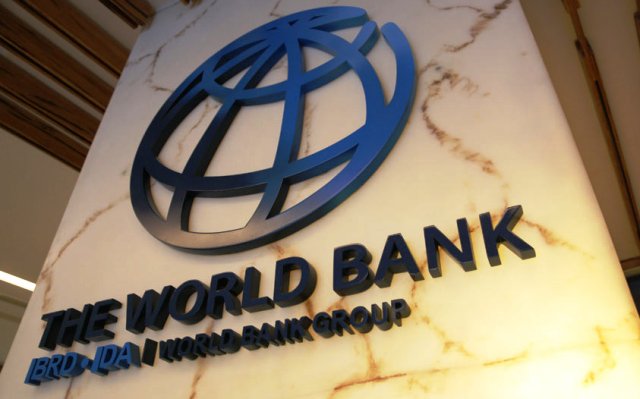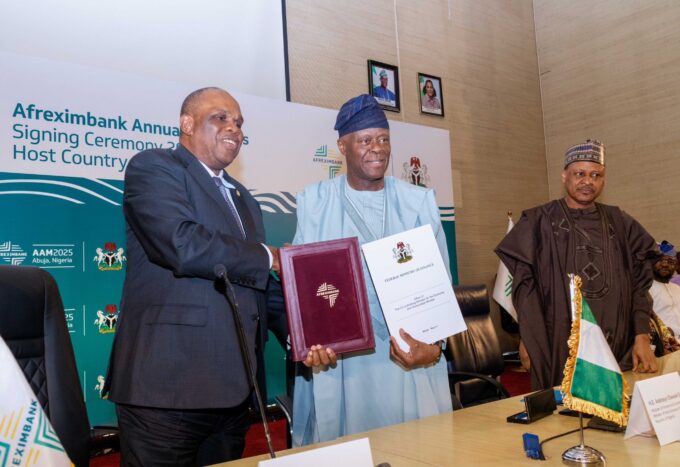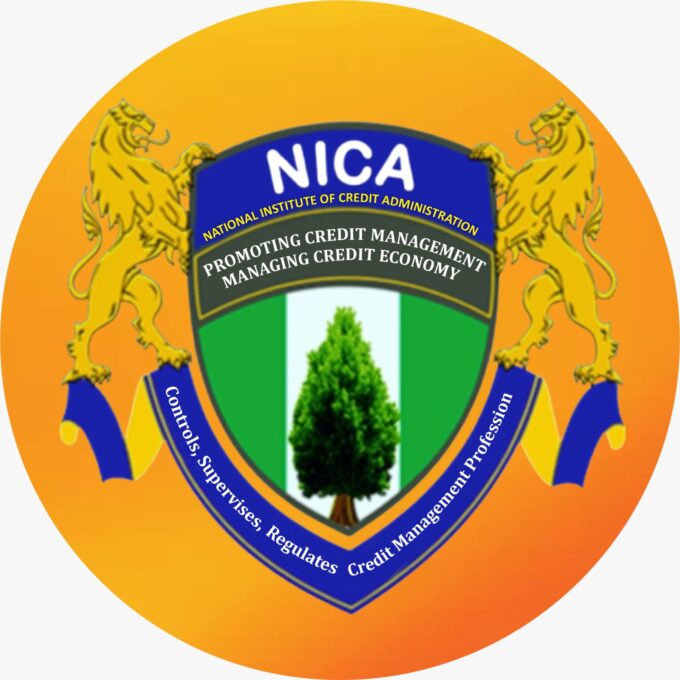The World Bank says increasing fuel subsidy puts the Nigerian economy at a high risk as subsidy payments could significantly impact public finance and pose debt sustainability concerns.
The Washington-based lender said this in a new biannual report known as Africa’s Pulse.
According to the bank, Nigeria is projected to have a 3.8 per cent growth in 2022, adding that as an oil-dependent country, weak oil production hampers economic recovery.
It added that the increasing fuel subsidy poses a high risk to the country’s economic growth, despite the increase in oil prices.
The bank said, “Growth in Nigeria is forecast to increase to 3.8 per cent in 2022 and stabilise at 4 per cent in 2023-24. Real GDP growth was revised up by 1.2 percentage points for both periods compared with the previous forecast. Nigeria’s economy is still dependent on the oil sector. Oil-related revenue contributes 40 to 60 per cent of fiscal revenue, while oil and gas account for 80 to 90 per cent of total exports.
“Weak oil production, below the OPEC quota, held back the recovery process. Although at a slower pace than the average seven per cent during the boom period, growth prospects for the Nigerian economy are somewhat bright thanks to high oil prices coupled with reforms initiated by the passing of the Petroleum Industry Act and the completion of the Dangote refinery expected in 2023.
“Risk remains high on increasing fuel subsidies, which could weigh heavily on public finance and pose debt sustainability concerns. Nevertheless, public debt as a percentage of GDP is currently moderate.”
According to the World Bank, the high level of oil prices will affect countries that are shielding the impact on their consumers through fuel subsidies, such as Nigeria and Ethiopia.
It added that the high cost of fuel subsidies, due to the increase in oil prices, may deteriorate the country’s fiscal balance.
In 2021, the Nigerian National Petroleum Corporation said fuel subsidy gulped N1.43tn, although there was no record for under-recovery in January.
The National Assembly has approved N4tn as fuel subsidy bill for 2022, which is an increase of 179.72 per cent over the previous year’s subsidy bill.
However, experts have warned the Federal Government that the N4tn fuel subsidy bill would adversely affect the country’s economy.
The Country Director, World Bank, Shubham Chaudhuri, had said Nigeria’s decision to postpone the full deregulation of the downstream sector of the petroleum industry by 18 months might cost the country over N4tn in subsidy payments on petrol in 2022.
The World Bank country director, however, noted that while the World Bank could come up with advice on subsidy removal, its role was certainly not to dictate as it had no ability to do such.
Chaudhuri said, “With economics, really, you are not meant to make a political decision. What you are meant to do is to lay out what are the cons and consequences of different decisions.
“So that is what we are doing, we are just being very clear that this would come with a fiscal cost and the fiscal cost is the number, perhaps N4tn this year.”
He said despite the fact that the price of oil had gone up, the rise in global crude oil prices was not helping Nigeria that much.
Industry figures seen on Sunday showed that the price of Brent, the crude against which Nigeria’s oil is priced, was $118.11 per barrel at 5.06pm Nigerian time, as it traded at the same rate the preceding day.
Source Punch














